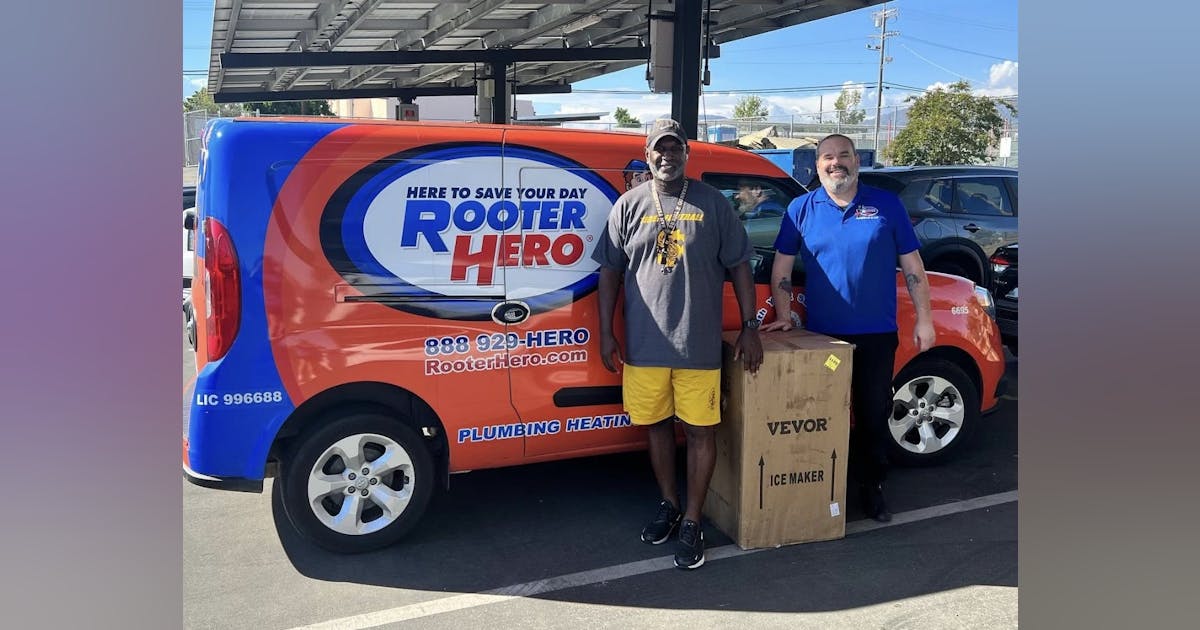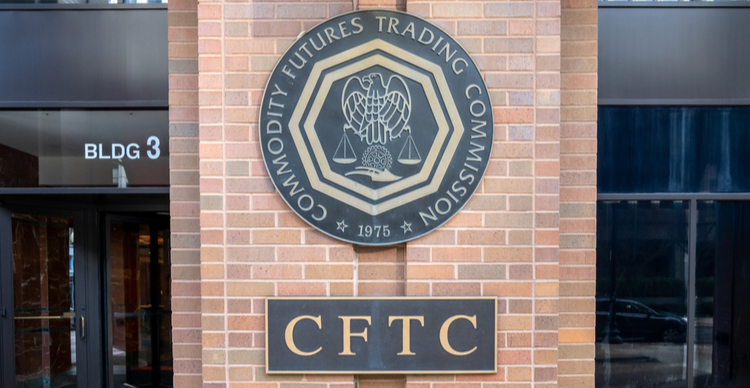Was there a central women’s storyline to 2023? It’s hard summarize the year with any neat narrative. January and February kicked off a rash of resignations from prominent female leaders across politics and business, but female power saw a resurgence over the summer thanks to the dominance of Taylor Swift, Beyonce and, yes, Barbie. Women like Patti LaBelle and astronaut Peggy Whitson continued to prove through their work that success and innovation have no age limit, even as unthinking commentators suggested that anyone over the age of 50 is “past their prime.” Meanwhile, women working across economics, academia, sports, film and beyond broke records and created 27 new “firsts” for women this year.
Of course, it wasn’t unfettered progress and power for women: In a post-Roe America, abortion bans in more than a dozen states restricted access to essential healthcare, affected doctors’ ability to treat pregnancy-related emergencies and, according to a poll of the nation’s OB-GYNs, worsened pregnancy mortality rates. Pandemic-era federal funding for childcare ended in September, pushing the nation off the proverbial “childcare cliff” and potentially forcing caregivers out of the workforce. Funding for female founders continues to lag (far, far behind) at home and abroad. Suffice it to say: There’s much work to be done in 2024.
In the meantime, as we reflect back on 2023, these are some of the stories of entrepreneurial insight—and malfeasance—that captured our attention this year:
Meet The World’s Richest Self-Made Woman, by Giacomo Tognini
Rafaela Aponte-Diamant.
AGENCY PEOPLE IMAGE/SIPA/NEWSCOM
Rafaela Aponte, a 78-year-old shipping mogul, and her husband Gianluigi saw their fortunes jump a combined $46 billion this past year. That makes Rafaela, who cofounded Switzerland-based Mediterranean Shipping Company (MSC) with Gianluigi in 1970, the world’s richest self-made woman thanks to her 50% stake in MSC. Ranked no. 43 in Forbes’ 2023 World’s Billionaires List, she also appears to be the highest-ranked female founder of all time.
This Marine Biologist-Turned-Entrepreneur Is Restoring Coral Reefs Using 3D Printing And Clay, by Zinnia Lee and John Kang
“We have already lost 50% of the world’s coral reefs since 1950. And if nothing changes, we will lose up to 90% by 2050,” Archireef cofounder and CEO Vriko Yu says.
ZINNIA LEE/FORBES ASIA
Vriko Yu launched a startup on the back of her Ph.D. studies in biological sciences. Now she’s the cofounder and CEO of Archireef, a climate tech venture that’s working to restore fragile marine ecosystems by using 3D printing technology and some good old-fashioned terracotta. “When it comes to climate tech, most people are focusing on reducing carbon emission,” Yu told Forbes. In her view, active restoration is just as important.
‘Fake It ‘Til You Make It’: Meet Charlie Javice, The Startup Founder Who Fooled JP Morgan, by Alexandra S. Levine and Iain Martin
MANHATTAN, NY – June 06, 2023 – Charlie Javice arrive at Manhattan Federal Court Southern District early Tuesday. Charlie Javice is the founder and former CEO of Frank, a student financial aid application assistance company. In January 2023, she was accused of fraud relating to the sale of her company to JPMorgan Chase for $175 million. (Photo by Luiz C. Ribeiro for NY Daily News via Getty Images)
NY Daily News via Getty Images
In January, JPMorgan Chase sued Charlie Javice, the 30-year-old founder of Frank, a once-buzzy fintech startup it acquired for $175 million, for allegedly lying about its scale and success by creating a list of fake users to entice the bank to buy it. By late February, the bank was still dealing with the fallout of the legal battle; Javice pled “not guilty” to fraud charges in May. How did Javice go from the Forbes Under 30 list to federal court? This Forbes profile gets into allll the details, including what Javice used to tell those who had concerns about the ways she was exaggerating Frank’s metrics in the earliest days of the company’s existence. (“Her response was always: ‘Listen, these old people don’t understand, this is how it works, you fake it ’til you make it,’” one source told Forbes.)
A 94-Year Old Grandmother Fights Back After Government Sold Her Home—And Kept The Profit, by Kelly Phillips Erb
Geraldine Tyler
COURTESY PACIFIC LEGAL FOUNDATION
Geraldine Tyler is a retired county worker living in Minnesota and who had moved into a senior community before selling a condo she owned in Minneapolis. Keeping up with both residences proved financially difficult, and by 2015 she had accrued $2,311 in unpaid property taxes on the condo plus interest, costs, and penalties totaling nearly $13,000. Hennepin County eventually seized Tyler’s condo and sold it for $40,000. But rather than keep the money it was owed and refund Tyler the remaining $25,000, the county kept the whole $40,000. And so, Tyler took Hennepin County to court—and won.
Startup Bobbie Proves There’s Profit In Baby Formula Despite The Dominance Of Industry Giants, by Maggie McGrath
Bobbie cofounders Laura Modi, left, and Sarah Hardy
Bobbie
Just 7% of venture-backed companies that disclose sales ever reach $100 million in revenue, and even fewer are headed by women. Bobbie managed it in a market that used to begin and end with Similac, Enfamil and Gerber Good Start. “In our first year on the market, I had hoped that we would do $4 million in revenue,” Bobbie cofounder and CEO Laura Modi told Forbes. “And I’ll never forget breaking that down into what that would mean and how we would need to ramp up every month. It was scary.”
Note: This article have been indexed to our site. We do not claim legitimacy, ownership or copyright of any of the content above. To see the article at original source Click Here













